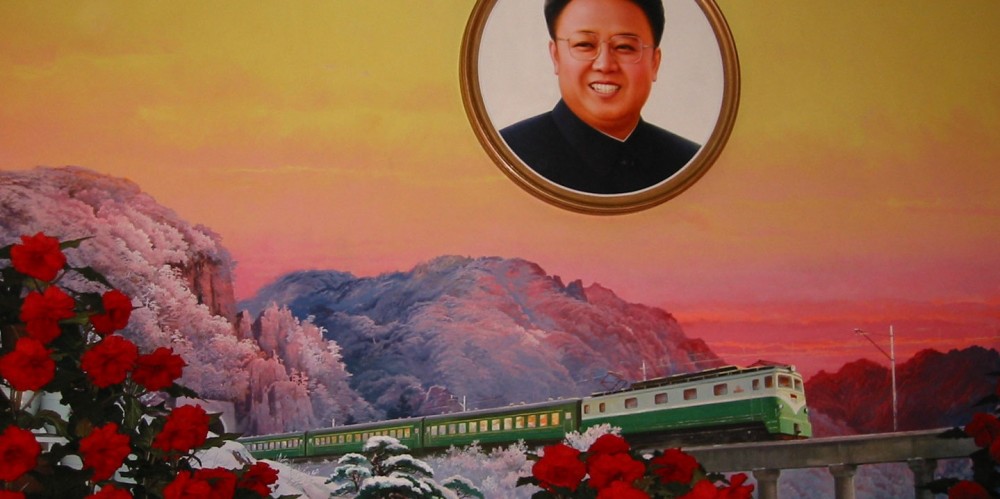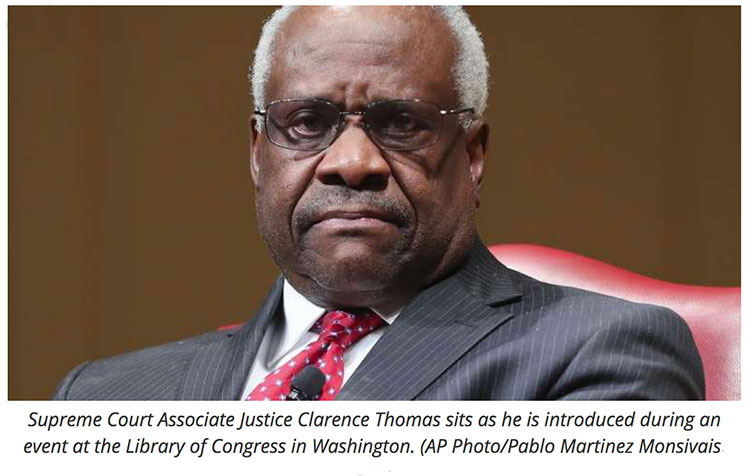
By Jon Schwarz
TheIntercept
The most alarming aspect of North Korea’s latest nuclear test, and the larger standoff with the U.S., is how little is known about how North Korea truly functions. For 70 years it’s been sealed off from the rest of the world to a degree hard to comprehend, especially at a time when people in Buenos Aires need just one click to share cat videos shot in Kuala Lumpur. Few outsiders have had intimate contact with North Korean society, and even fewer are in a position to talk about it.
One of the extremely rare exceptions is novelist and journalist Suki Kim. Kim, who was born in South Korea and moved to the U.S. at age 13, spent much of 2011 teaching English to children of North Korea’s elite at the Pyongyang University of Science and Technology.
Kim had visited North Korea several times before and had written about her experiences for Harper’s Magazine and the New York Review of Books. Incredibly, however, neither Kim’s North Korean minders nor the Christian missionaries who founded and run PUST realized that she was there undercover to engage in some of history’s riskiest investigative journalism.
Although all of PUST’s staff was kept under constant surveillance, Kim kept notes and documents on hidden USB sticks and her camera’s SIM card. If her notes had been discovered, she almost certainly would have been accused of espionage and faced imprisonment in the country’s terrifying labor camps. In fact, of the three Americans currently detained in North Korea, two were teachers at PUST. Moreover, the Pentagon has in fact used a Christian NGO as a front for genuine spying on North Korea.
But Kim was never caught, and she returned to the U.S. to write her extraordinary 2014 book, “Without You, There Is No Us.” The title comes from the lyrics of an old North Korean song; the “you” is Kim Jong-il, Kim Jong-un’s father.
Kim’s book is particularly important for anyone who wants to understand what happens next with North Korea. Her experience made her extremely pessimistic about every aspect of the country, including the regime’s willingness to renounce its nuclear weapons program. North Korea functions, she believes, as a true cult, with all of the country’s pre-cult existence now passed out of human memory.
Most ominously, her students, all young men in their late teens or early 20s, were firmly embedded in the cult. With the Kim family autocracy now on its third generation, you’d expect the people who actually run North Korea to have abandoned whatever ideology they started with and degenerated into standard human corruption. But PUST’s enrollees, their children, did not go skiing in Gstaad on school breaks; they didn’t even appear to be able to travel anywhere within North Korea. Instead they studied the North Korea ideology of “juche,” or worked on collective farms.
Unsurprisingly, then, Kim’s students were shockingly ignorant of the outside world. They didn’t recognize pictures of the Taj Mahal or Egyptian pyramids. One had heard that everyone on earth spoke Korean because it was recognized as the world’s most superior language. Another believed that the Korean dish naengmyeon was seen as the best food on earth. And all of Kim’s pupils were soaked in a culture of lying, telling her preposterous falsehoods so often that she writes, “I could not help but think that they – my beloved students – were insane.” Nonetheless, they were still recognizably human and charmingly innocent and for their part, came to adore their teachers.
Overall, “Without You, There Is No Us” is simply excruciatingly sad. All of Korea has been the plaything of Japan, the U.S., the Soviet Union, and China, and like most Korean families, Kim has close relatives who ended up in North Korea when the country was separated and have never been seen again. Korea is now, Kim says, irrevocably ruptured:
It occurred to me that it was all futile, the fantasy of Korean unity, the five thousand years of Korean identity, because the unified nation was broken, irreparably, in 1945 when a group of politicians drew a random line across the map, separating families who would die without ever meeting again, with all their sorrow and anger and regret unrequited, their bodies turning to earth, becoming part of this land … behind the children of the elite who were now my children for a brief time, these lovely, lying children, I saw very clearly that there was no redemption here.
The Intercept spoke recently to Kim about her time in North Korea and the insight it gives her on the current crisis.

























